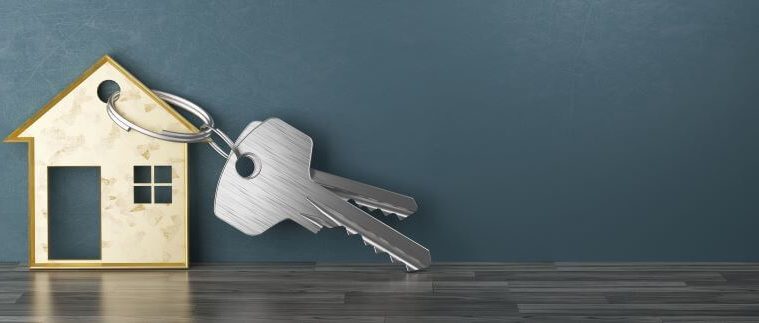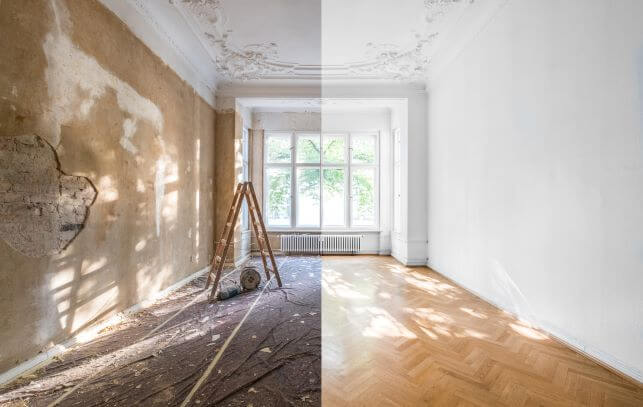Renting property to tenants is one of the most lucrative ways to earn a passive income. There is some work to do at the beginning, but with a tenant in place, there is little to do except count your profits and reinvest. Here is a quick guide on how to maximise your returns as a landlord.
Get The Proper Paperwork
Part of renting a property is having a lot of paperwork in good order and ready for inspection, just like the property itself. There are many documents to consider, not just a tenancy agreement or tenant references. Before letting a flat or house, you must ensure it is safe and habitable. Depending on your property’s location, this may be a requirement for becoming a registered landlord, so learn the rules to ensure you’re always compliant.
An Electrical Installation Condition Report, or EICR, is vital for landlords, tenants, and homeowners in general. This report provides important insight into your property and can help you solve electrical issues in your home before they cause a problem. Trade Facilities Services can give your property’s electrical system a complete check and provide a full report from one of their qualified electricians. This gives you peace of mind and is a convenient and low-cost way to ensure compliance as a landlord.
Invest In Your Property
Every home, whether rented out or not, is an investment opportunity. Home improvements, both small and large, can yield massive returns on investment that landlords should pay attention to. The higher your property value, the more you can increase your rental price. Making high-value improvements should never be considered a cost; they should be viewed as an opportunity to maximise returns.
Nothing pushes up property values and rental returns like adding space. Extensions and loft conversions are significant investments, but they will supersize the value of your property. For a more cost-effective solution to adding an extra bedroom, living room, or office to your rental, consider adding a free-standing room to the garden. These self-contained spaces are much more than a shed and can function as a guest bedroom, office, gym, or somewhere to stick a teenager.
Tackling Taxation
One of the most frustrating expenses you will face as a landlord or any working person is taxes. Suppose you need to manage your tax liabilities effectively. In that case, they can eat into your profits and make renting out a property seem like a chore rather than an opportunity to embrace financial independence.
For many landlords, outsourcing this issue to a reputable and reliable accountant is the best thing you can do. This may seem like you are adding another expense to your endeavours, but it will save you money in the long run.
Look for an accountant with experience in managing rental incomes. There are many tax incentives and liabilities, and you want to find an accountant to help you take advantage of them. If you plan on investing in your property and making some upgrades, their financial management will help you maximise your returns and reduce your expenditure.
Use these top tips to help you bring home the bacon. Once you have your first property up and running, you can start looking for a second one to invest in, and you will have more experience to make things quicker and easier. Before you know it, you will have a whole portfolio of property and can sit back and relax while all the rents come in.


